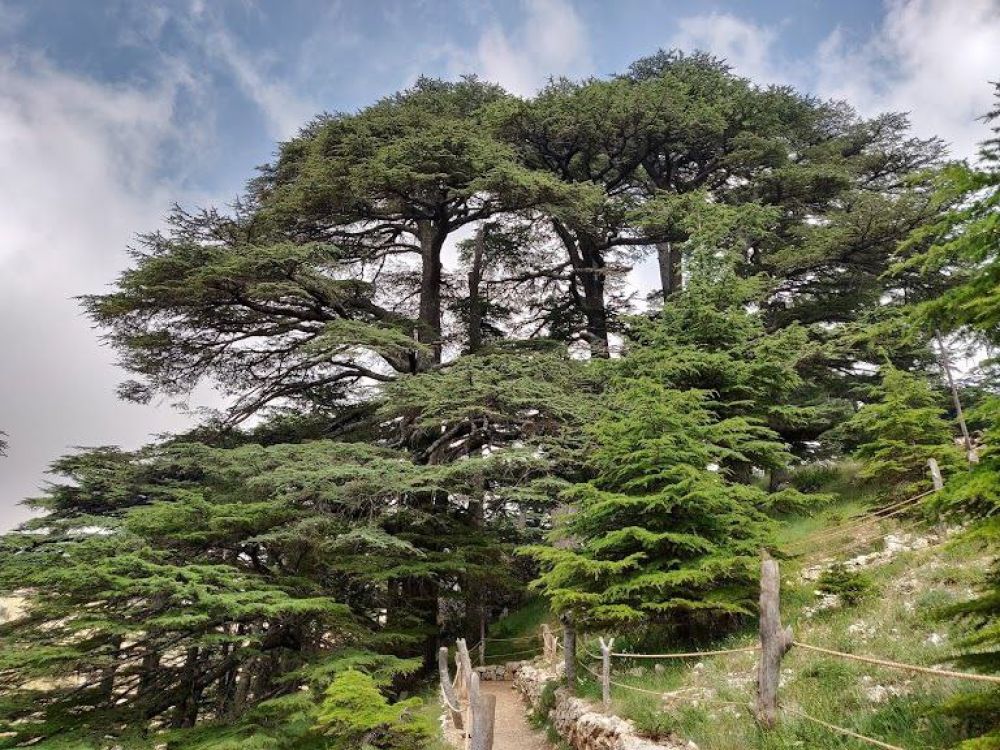

The Cedars of God forest in Lebanon is not just a stunning natural attraction but also a witness to the ebb and flow of tourism in the country. Nestled in the high ranges of Mount Lebanon, this ancient forest is home to the last remaining vestiges of the majestic cedar trees that once covered the country's mountains.
The history of the Cedars of God intertwines with that of Lebanon itself. Revered since antiquity, these cedar trees have stood tall for thousands of years, earning a place in various religious texts and historical records. The Phoenicians used the wood for building ships and temples, while the Egyptians imported it for construction and embalming purposes.
The forest is so significant that it has been designated as a UNESCO World Heritage Site, ensuring its protection and acknowledging its cultural, historical, and ecological importance to the world.
Tourism in Lebanon has seen varying levels of success over the years. The country, often called the "Switzerland of the East," was a prime destination for travelers seeking the exotic Middle Eastern experience combined with Mediterranean flair up until the late 20th century. Lebanon's rich cultural heritage, historical sites, and natural beauty attracted tourists from around the globe.
However, tourism faced major setbacks due to the civil war that began in 1975 and lasted for about 15 years. After the war ended in 1990, the country slowly rebuilt its tourism industry, promoting its diverse attractions, including archaeological sites, religious heritage, cuisine, and natural landscapes like the Cedars of God forest.
In recent years, Lebanese tourism has been trying to revive its past glory. A new trend focusing on eco-tourism and sustainable travel practices has been emerging, with the Cedars of God forest at the heart of this movement. Visitors are increasingly interested in experiencing Lebanon's natural wonders while conserving the environment and supporting local communities.
Additionally, Lebanon is witnessing a rise in cultural tourism, as travelers seek authentic experiences that include exploring ancient sites, engaging in local festivals, and trying traditional Lebanese cuisine. The Cedars of God forest is a crucial part of this cultural itinerary, providing a direct link to the country's rich past and ongoing cultural traditions.
Nowadays, visitors to the Cedars of God can enjoy well-maintained trails for hiking, bird watching, and simply reveling in the serene beauty of the ancient trees. Winter sports, especially skiing, have also become popular activities in the region, due to the forest's proximity to Lebanon's best ski resorts.
As tourism continues to recover and evolve in Lebanon, the Cedars of God Forest stands as a timeless reminder of the nation's resilience and natural splendor. For both the eco-conscious traveler and the history buff, the forest remains a key destination within Lebanon's diverse tapestry of attractions.